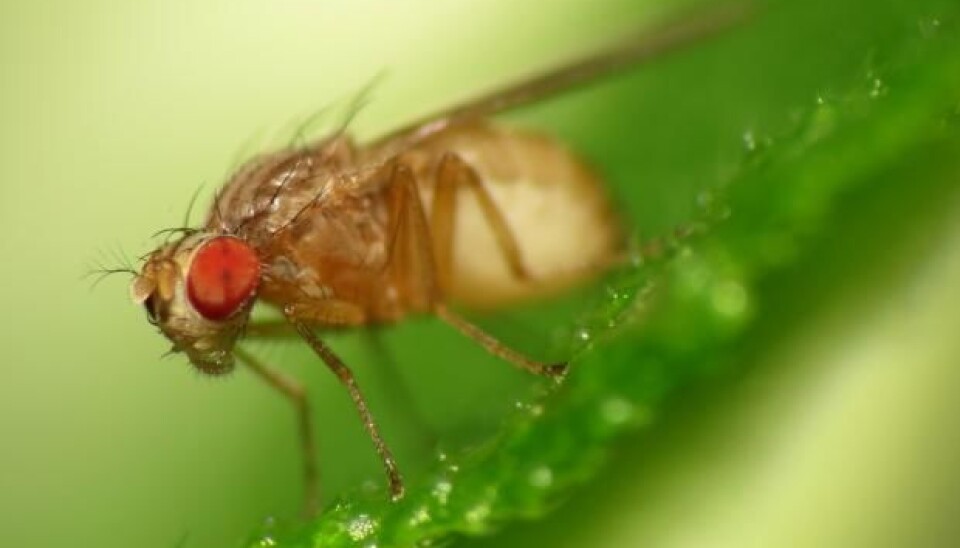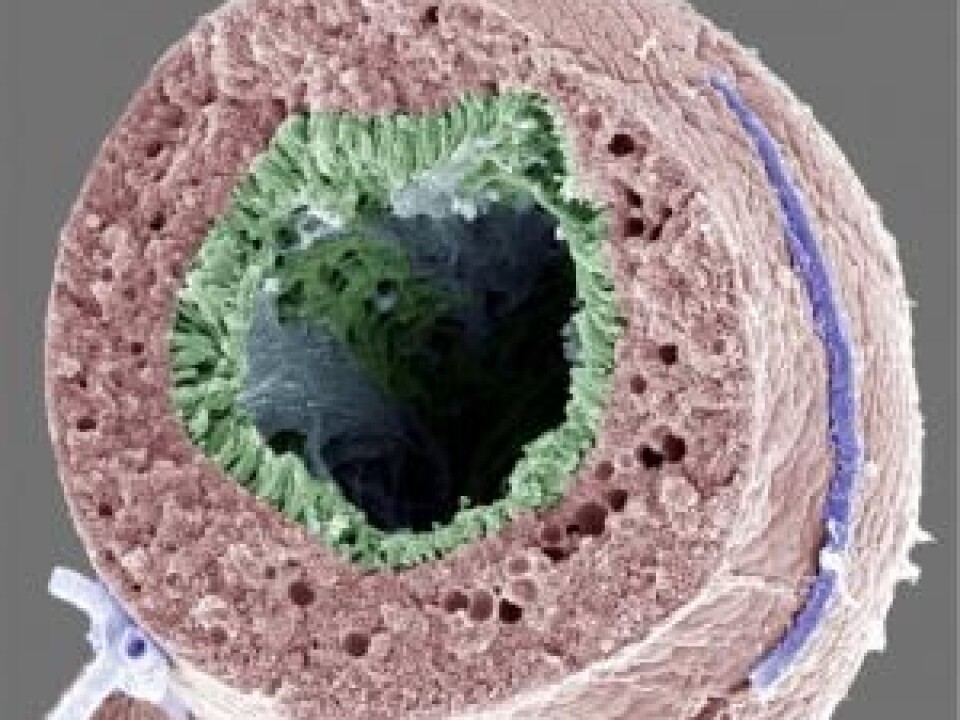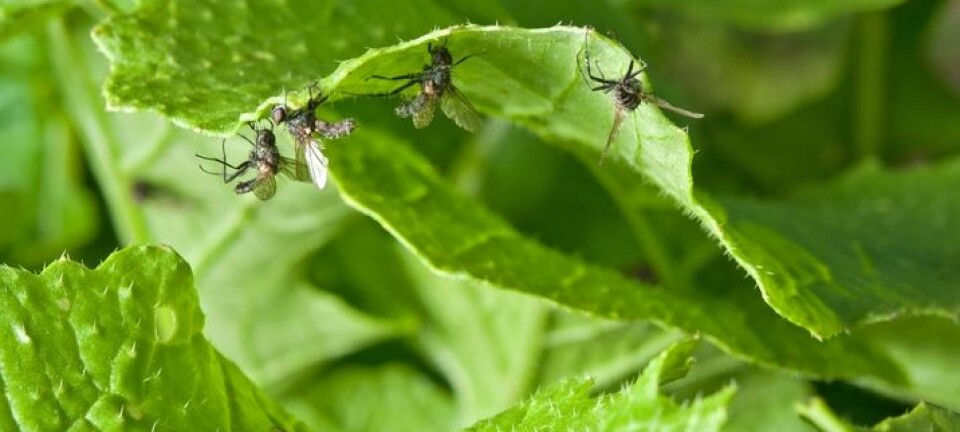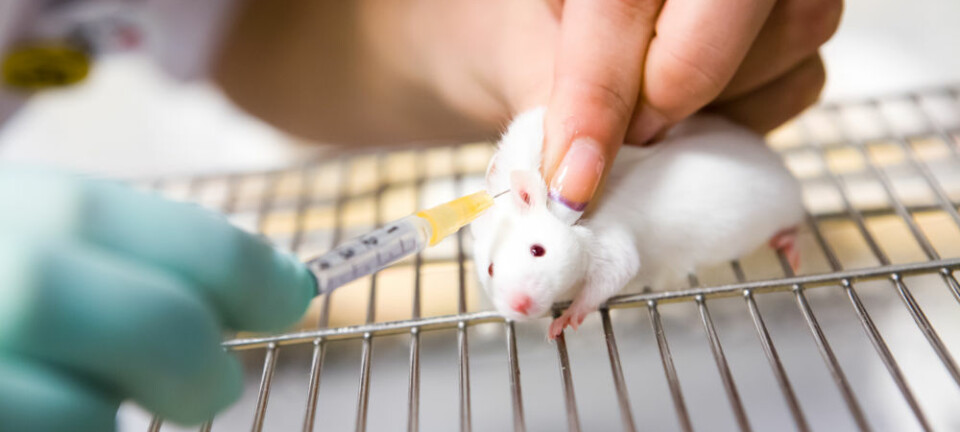
Fruit fly urine helps scientists understand coeliac disease
Scientists do not know why some people develop coeliac disease. But fruit fly urine could hold some answers.
Scientists have studied the protein Fas2 in fruit flies, which appears to help their kidneys produce urine. The results could help scientists to understand why some people develop diseases like coeliac disease and usher syndrome--a rare genetic disease.
Fruit flies often provide inspiration for scientists studying human disease, says Professor Jesper Thorvald Troelsen, from the Institute for Science and the Environment at the University of Roskilde, Denmark, who was not involved in the new research.
"There are numerous examples where [scientists] have found something in fruit flies, and then subsequently found out that they have the same or a very important function in people," he says.
The new results are published in Nature Communications.
Protein holds cell walls together

The Fas2 protein helps fruit flies to produce urine by way of so-called ‘microvilli’--structures that line the outer surfaces of cells in the kidneys, and are also found in the intestines, ears, and eyes.
“We found that there are some protein structures in fruit flies that help to stabilize the microvilli. Defects occur if the protein structure is not there,” says co-author Kenneth Agerlin Halberg, who was a postdoc from the Biology Institute, the University of Copenhagen, Denmark, when he conducted the research.
The Fas2 protein also helped to stabilise the microvilli in the fruit flies’ kidneys, which helped the flies to produce urine.
Defects in microvilli causes disease in people
But why do scientists want to know about the stability of microvilli in fruit flies?
It turns out that we have our own version of the Fas2 protein: It’s called NCAM. And unstable microvilli in people are associated with diseases such as usher syndrome and coeliac disease.
“We know that there are a lot of diseases that relate to whether the microvilli function properly or not,” says Halberg.
“Coeliac disease and usher syndrome are genetic disorders, where the microvilli are defective. It’s a big problem for those people who suffer from it and we don’t really understand how it develops,” he says.
If the NCAM protein in people also helps to stabilise microvilli, then it could also explain why some people develop these disorders.
-------------
Read the Danish version of this story on Videnskab.dk
Translated by: Catherine Jex











